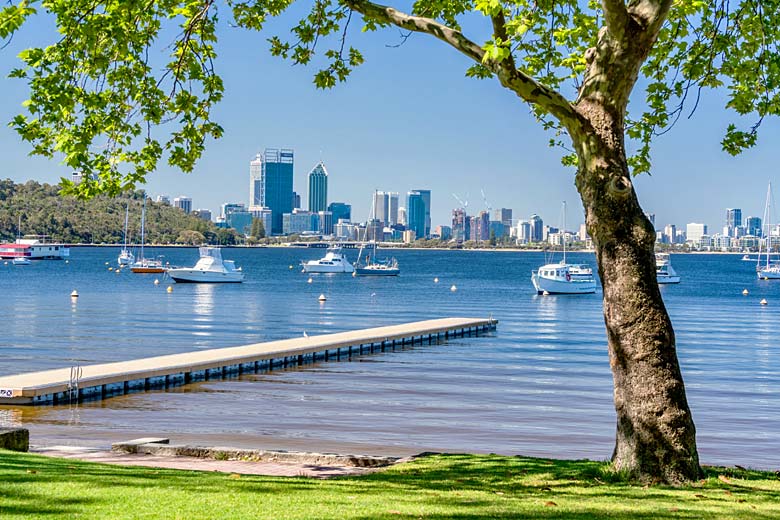- Save up to 10% on car hire for select destinations
- Book car hire in Europe, Australia, New Zealand & more
- Travel: 1 Mar-14 Dec 2025. Black out periods apply
New South Wales weather by month
Check out New South Wales weather averages by month. Compare detailed monthly climate statistics including temperature, rainfall and sunshine figures.
| Jan | Feb | Mar | Apr | May | Jun | Jul | Aug | Sep | Oct | Nov | Dec | |
|---|---|---|---|---|---|---|---|---|---|---|---|---|
| Maximum daytime temperature °C |  26 26 |
 26 26 |
 25 25 |
 23 23 |
 20 20 |
 18 18 |
 17 17 |
 18 18 |
 20 20 |
 22 22 |
 24 24 |
 26 26 |
| Hours of sunshine (daily) | ||||||||||||
| Days with some rainfall |  12 12 |
 12 12 |
 13 13 |
 11 11 |
 11 11 |
 11 11 |
 8 8 |
 10 10 |
 10 10 |
 11 11 |
 12 12 |
 10 10 |
| Sea temperature °C |  22 22 |
 23 23 |
 23 23 |
 22 22 |
 20 20 |
 19 19 |
 18 18 |
 17 17 |
 18 18 |
 18 18 |
 19 19 |
 21 21 |
More about New South Wales
New South Wales by month
Jan Feb Mar Apr May Jun Jul Aug Sep Oct Nov Dec
Recommended for New South Wales
Expires at 23:59 on Tuesday 18th Mar 2025 · View all Avis offers
 Car hire finder
Car hire finder
The climate guide for New South Wales (Sydney) shows long term monthly weather averages processed from data supplied by CRU (University of East Anglia), the Met Office & the Netherlands Meteorological Institute. Find out more about our data sources.
Top New South Wales destinations
Below are average maximum temperatures at popular countries, regions and places in New South Wales for next month - April. Select a destination to see the climate guide for all months of the year.
All New South Wales destinations
- Albury
- Batemans Bay
- Bourke
- Broken Hill
- Byron Bay
- Cobar
- Coffs Harbour
- Cooma
- Dubbo
- Hay
- Katoomba
- Lord Howe Island
- Moree
- Sydney
- Tamworth
- Tibooburra
- Wagga Wagga
Metric (°C / mm) | Imperial (°F / inches)
New South Wales climate overview
New South Wales occupies a large part of the southeast of the Australian continent, with borders stretching inland over half way to the interior. The main population centres are on or near the east coast, most famously around Sydney with its Harbour Bridge and spectacular Opera House.
The eastern third of New South Wales has a subtropical climate with rainfall in all months, while further west rainfall levels are lower and a relatively dry period occurs during the summer. The border between these two regions is roughly the western extent of the Great Dividing Range, a broad mountain chain that runs parallel to the coast about 100 miles inland, locally known as the 'Tablelands'.
Along the entire length of the New South Wales coast long stretches of golden beaches with impressive surf can be found where summer temperatures are generally comfortable to warm. In winter the coast also has the mildest weather with rare frosts. However Sydney and regions to the north can suffer torrential rain and occasional damage from large hailstones particularly in late spring and early summer.
Inland summers are hotter and winters colder. On the Tablelands, eastern regions receive more rain than those to the west, and there is more rainfall in the south of the State, much of which falls as snow at higher elevations in winter. It is here in the Snowy Mountains that Australia's highest peaks are found.
Some of Australia's richest farming land is located on the Tablelands and the plains to the west where sheep and cattle gradually give way to wheat and other cereal crops. The country's longest river system, the Murray-Darling, runs through the interior of the state and along the border with Victoria where it feeds irrigated fruit and wine regions in the south.
To the west of the Darling River are large semi-arid regions with widely dispersed sheep and cattle stations and the remote mining town of Broken Hill.
More about Australia
Compare New South Wales with the UK
Below the New South Wales chart shows average maximum daytime temperature for New South Wales, Australia (Sydney) and the UK (London).
Maximum daytime temperature (°C)
Metric (°C / mm) | Imperial (°F / inches)
Compare more New South Wales weather >>
Be inspired
Get your weekly fix of holiday inspiration from some of the world's best travel writers plus save on your next trip with the latest exclusive offers
We promise not to share your details
Related posts
Popular travel offers
Explore holidays in the sun for less
- Beach holidays
- Family holidays
- City breaks
- Summer holidays
- Winter sun holidays
- Holiday offers
- Top travel brands
- Airlines & flights
- Discount hotels
- Airport parking deals
- TUI
- Jet2holidays
- easyJet holidays
- Love Holidays
- January sales
Airport parking
- Manchester Airport
- Stansted Airport
- Bristol Airport
- Luton Airport
- Birmingham Airport
- Edinburgh Airport
- Gatwick Airport
- Glasgow Airport
- Newcastle Airport
Airport lounges
- Manchester Airport
- Birmingham Airport
- Bristol Airport
- Edinburgh Airport
- Glasgow Airport
- Heathrow Airport
- Newcastle Airport
- Stansted Airport
- Gatwick Airport



















